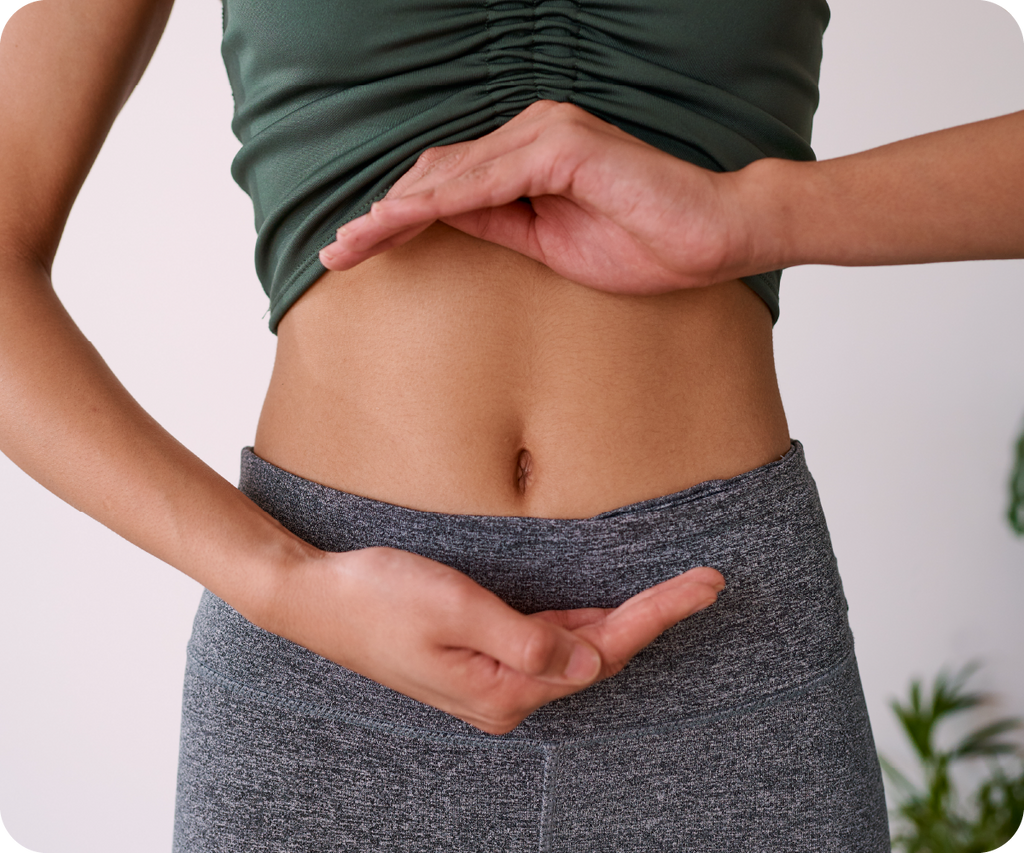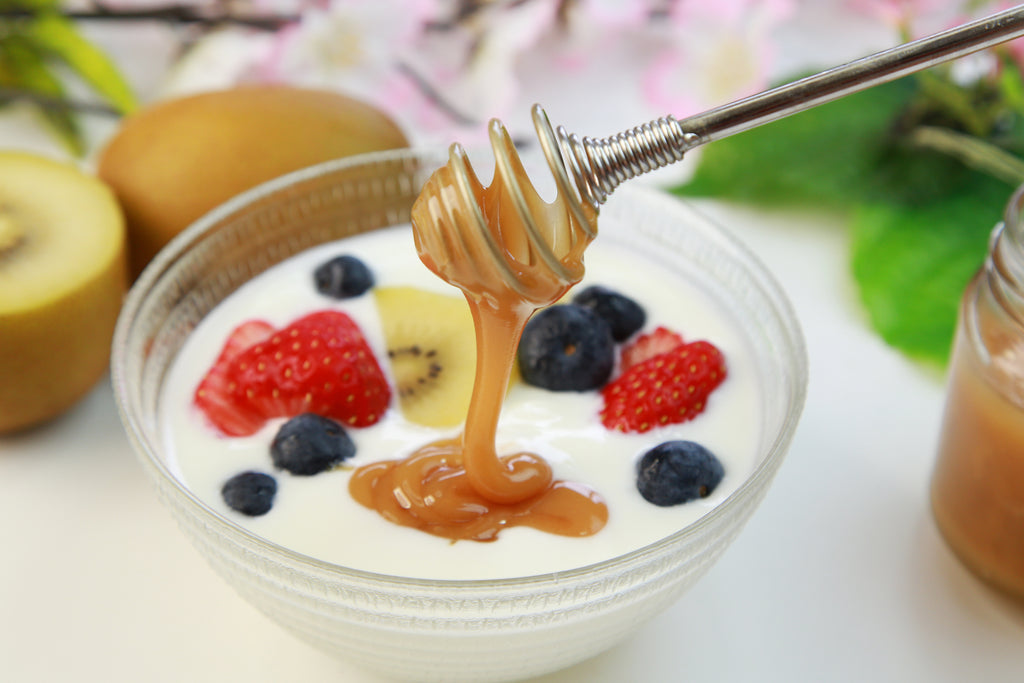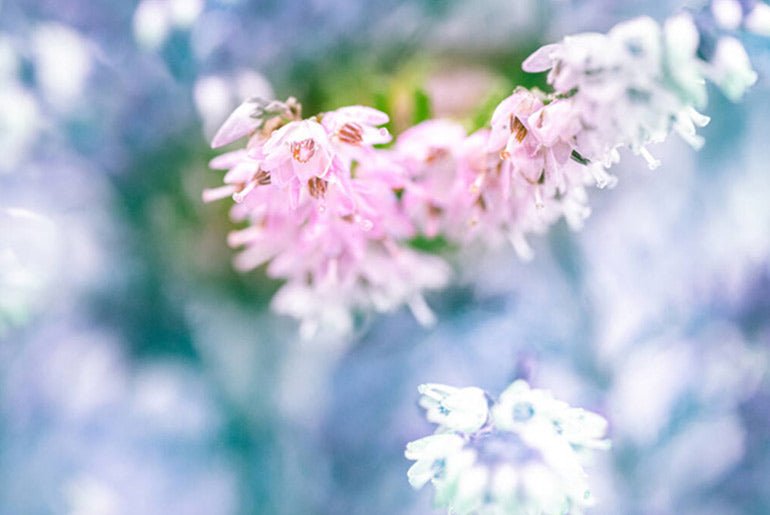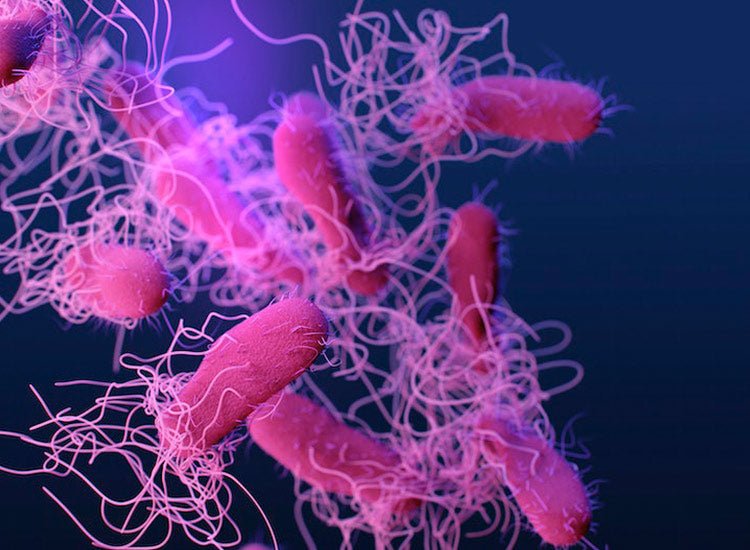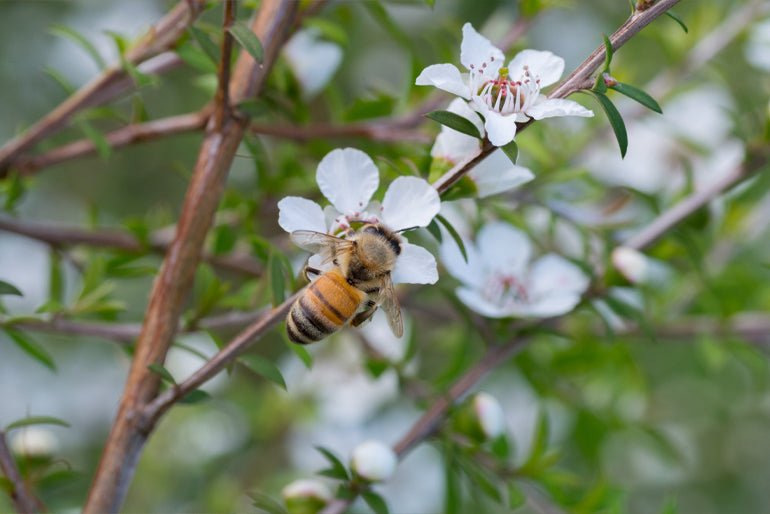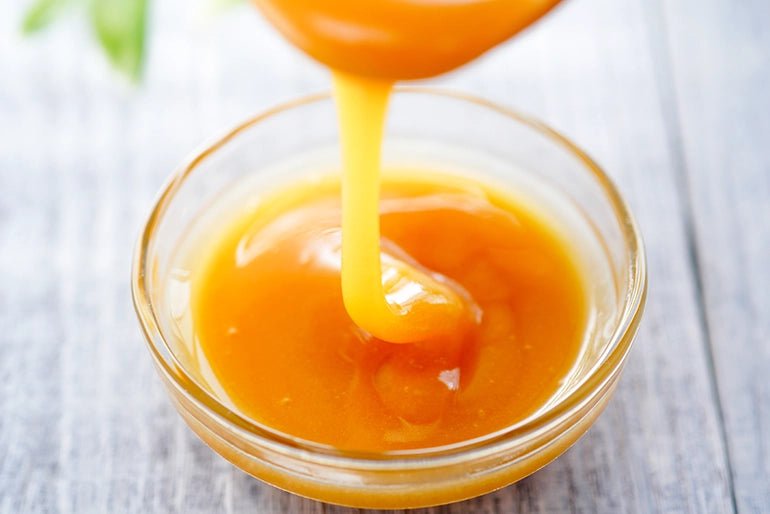
The Best Manuka Honey, Everything You Need to Know

Manuka honey is a popular type of honey that is known for its unique properties and health benefits. It is produced by bees that collect nectar from the flowers of the Manuka tree, which is native to New Zealand. The manuka tree, also known as the tea tree, has been used by the indigenous Maori people for medicinal purposes for centuries.
Today, manuka honey is widely regarded as one of the best types of honey available thanks to its high methylglyoxal (MGO) content, five active fractions, and healing properties. It treats various health conditions associated with wound healing, sore throats, and digestive issues.

What Makes Manuka Honey the Best?
The benefits of Manuka Honey are numerous. Manuka honey is known for its antibacterial properties, measured using the New Zealand government-approved methylglyoxal (MGO) rating. The higher the MGO rating, the more potent the honey's five active fractions or properties.
Before the acceptance of the MGO rating system, the UMF rating system was used until Professor Peter Molan, the man responsible for discovering manuka honey and its five active fractions, abandoned it as unreliable.
But there is more to Manuka honey than just its active fractions. It also contains other beneficial compounds, including antioxidants, amino acids, vitamins, and minerals. These compounds work together to provide multiple health benefits, from promoting healthy skin to boosting the immune system.
The key to boosting the immune system is what medical-grade manuka honey can do in the nose and sinuses as a cleansing agent. According to Dr. Peter Jackson of Stanford Medical Center, “Delaying viral entry, exit or spread [of a virus] with a locally applied, short-duration drug would help our immune systems catch up and arrive in time to stop the full-blown infection and hopefully limit future pandemics."
With this in mind, medical-grade manuka honey nasal spray can thoroughly and effectively clean the nose, its nasal passages, and all of the sinuses.
Gavin Gear, Founder and CEO of ManukaGuard, has this to say about cleaning the nasal passages: "Just as we teach our children to wash their hands to prevent the spread of disease, in today's changing world, we have to wash our noses to prevent the spread of disease."
Manuka Honey in FDA-approved Medical Devices
Manuka honey is currently being studied by the FDA for approval in medical devices for its ability to promote wound healing. Its antibacterial properties help to prevent infections, and its anti-inflammatory properties help to reduce swelling and promote tissue regeneration. This makes it an effective treatment for various wounds, including burns, cuts, and ulcers.
Is Manuka Honey Better Than Other Honey?
Manuka honey is often compared to other types of honey, such as clover honey, wildflower honey, and raw honey. While all types of honey contain beneficial compounds, manuka honey is widely regarded as the most potent and effective because it is the only honey containing methylglyoxal or MGO.
Finally, manuka honey is produced in a unique environment, with bees collecting nectar from the manuka tree, which grows in pristine, isolated areas of New Zealand. This means manuka honey is free from pesticides, and other contaminants typically generated by farming, making it a pure and natural source of health-promoting compounds.
What to Look for When Purchasing Manuka Honey
If you're looking to buy the best manuka honey, there are a few things to keep in mind. First, look for a reputable brand that uses independent testing to verify the MGO rating of their honey. This ensures that you get a high-quality product that meets the standards for potency and purity. When considering purity, medical grade ManukaGuard honey is the purist of pure because it meets the international standard for purity.
Second, pay attention to the MGO rating of the honey and look for statements on the label of health benefits.
Lastly, consider the price of the honey. Manuka honey is generally more expensive than other honey types due to its unique properties and production process. However, you will use much less per use or serving. A one-half teaspoon or five grams taken an hour before food is sufficient. Repeat this dosage up to five times a day: at wake up, before breakfast, before lunch, before dinner, and before bed.
Read More at the National Library of Science: Antibacterial activity of Manuka honey and its components: An overview
About ManukaGuard
Believers in the science of nature and the body’s innate ability to heal itself, ManukaGuard develops innovative health and wellness products that are science-based, all-natural, and safe. Committed to providing natural alternatives to conventional personal care products at an affordable price, ManukaGuard is devoted to the planet's health and its people's welfare. Ready to shop? Get started here.


